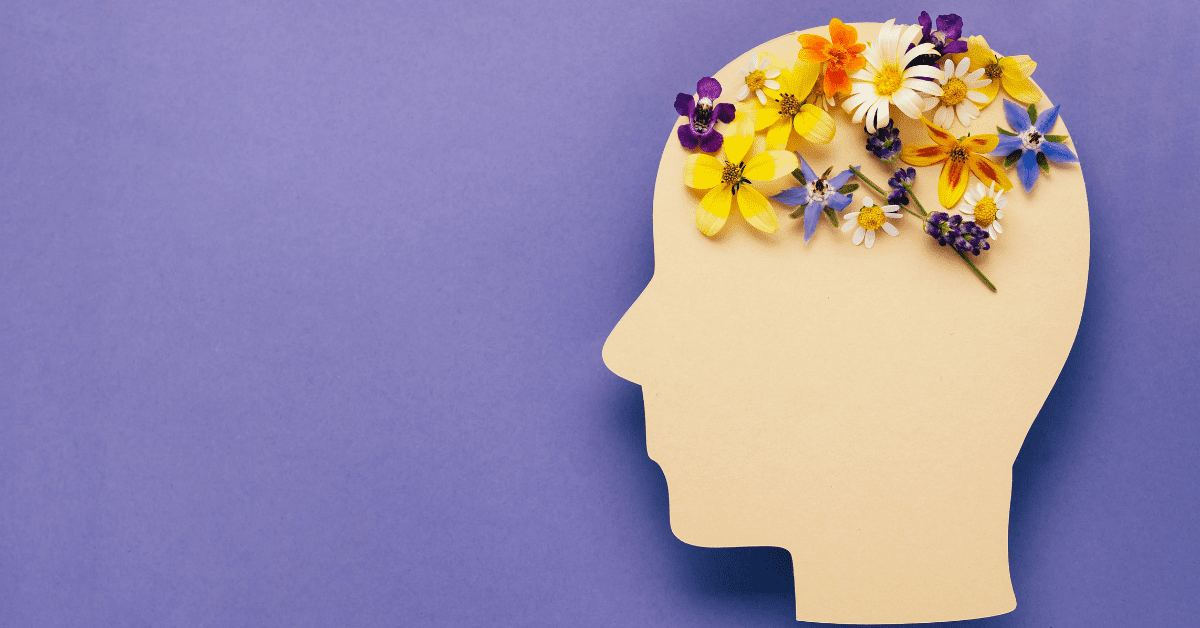Memory care in Menomonee Falls has grown far beyond simple assistance. Families today can find specialized approaches that honor dignity while genuinely improving daily life for those facing cognitive changes. The reality is that more seniors need this kind of focused support, especially those living with Alzheimer’s disease and other forms of dementia.
What does quality memory care look like for your loved one? It’s care that preserves who they are while adapting to their changing needs. New approaches and technologies now offer meaningful benefits that traditional methods simply couldn’t provide.
Technology That’s Changing Memory Care
New technologies have opened doors to better memory care that many families never imagined possible. These tools enhance safety while helping your loved one maintain their independence and sense of self.
Smart bathroom systems for health tracking
Bathrooms have quietly become centers for health monitoring. Smart toilets can detect urinary tract infections—a common issue among seniors with dementia who may struggle to express physical discomfort. Smart mirrors notice subtle changes that might signal health concerns, while touchless faucets and soap dispensers help prevent infections.
These systems gather important health information without interrupting your loved one’s daily routine or invading their privacy. The data flows directly to caregivers, who can spot potential problems early.
Fall detection and emergency alerts
Falls pose serious risks for people experiencing memory changes. Today’s technology offers reassuring solutions:
- Motion sensors that recognize unusual activity or stillness
- Pressure-sensitive flooring that detects falls instantly
- Voice-activated emergency systems that work without touching anything
- AI-powered cameras that maintain privacy while watching for dangerous situations
Wearables and remote monitoring tools
Comfortable wearable devices now track health without drawing attention or causing embarrassment. Smart watches and pendants monitor vital signs, sleep quality and location, sending information to care teams who can address concerns before they become serious problems.
Cognitive training apps and games
Digital activities in memory care serve a purpose beyond simple entertainment. Specialized apps offer personalized cognitive exercises that adjust to each person’s abilities and interests. These tools provide meaningful experiences that:
- Support existing mental abilities
- Build confidence through manageable activities
- Create opportunities for social connection when used together
- Generate genuine moments of satisfaction and pride
Therapies That Go Beyond Medication
Music therapy to trigger memories
Music has a unique way of reaching people when words fall short. Research shows music can improve mood, enhance communication skills and reduce agitation in people with dementia. Your loved one might not remember what they had for breakfast, but they may still tap their foot to a familiar tune or sing along to songs from their youth. Music releases feel-good chemicals in the brain—endorphins, oxytocin and dopamine—that help with emotional balance.
Art and creative expression
Creative activities give people living with dementia a voice when traditional communication becomes difficult. Art therapy offers age-appropriate projects that spark conversation and bring back memories. These moments of creation build confidence and provide genuine satisfaction. Something magical happens when your loved one completes a painting or craft project—their face lights up with pride.
Pet therapy for emotional support
Animals offer something special that’s hard to find elsewhere: unconditional acceptance. Animal-assisted therapy provides targeted benefits that improve both physical and emotional well-being. Interactions with therapy pets can boost short-term memory, improve communication and calm agitation. For someone facing memory challenges, a gentle dog or cat offers comfort without judgment.
Reminiscence and storytelling sessions
Talking about the past using photos, music or familiar objects can be incredibly powerful. This approach works because it:
- Draws on memories that remain strong from earlier years
- Lifts mood and improves quality of life
- Helps reduce feelings of depression
- Creates genuine moments of connection with others
A New Approach to Memory Care
Memory care has come far from its beginnings. Today’s approaches offer genuine hope and preserved dignity for seniors facing cognitive challenges. When smart technology and alternative therapies work together, they create something special—care that honors the whole person.
Yes, memory challenges bring difficult days. But the right memory care environment can make all the difference. Read to tour our community? Contact us at (262) 781-6930 to learn more about Heritage Court Menomonee Falls. Quality memory care doesn’t just manage cognitive changes—it honors each person’s life story while helping write new chapters filled with dignity and genuine connection.
FAQs
Q1. What innovative technologies are being used in modern memory care? Modern memory care utilizes smart bathroom systems for health tracking, fall detection and emergency alert systems, wearable devices for remote monitoring and cognitive training apps and games. These technologies enhance safety, promote independence and provide valuable health data without compromising privacy or dignity.
Q2. What non-medication therapies are effective in memory care? Effective non-medication therapies in memory care include music therapy to trigger memories, art and creative expression activities, pet therapy for emotional support and reminiscence and storytelling sessions. These approaches can improve mood, enhance communication skills and provide opportunities for self-expression and emotional connection.



